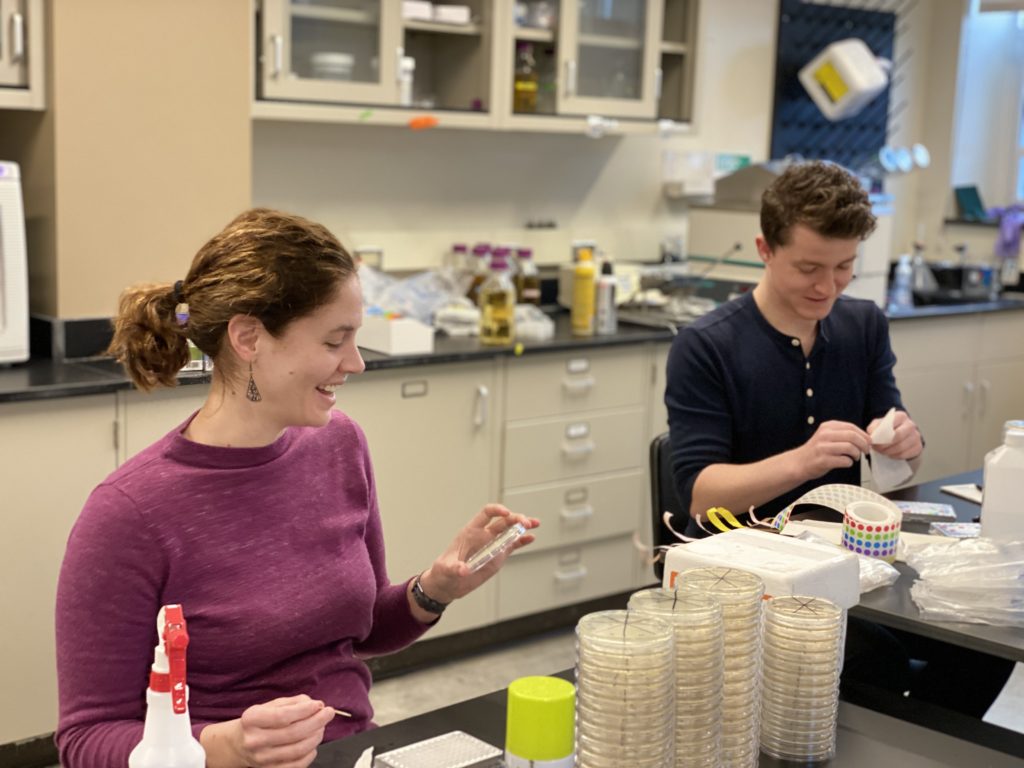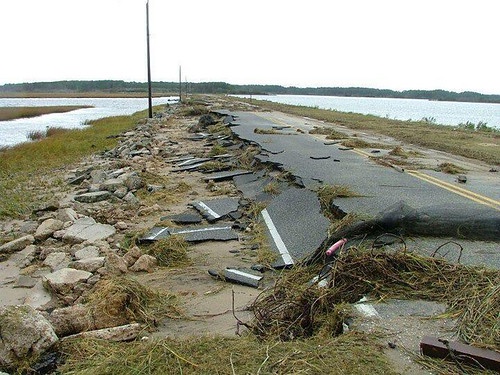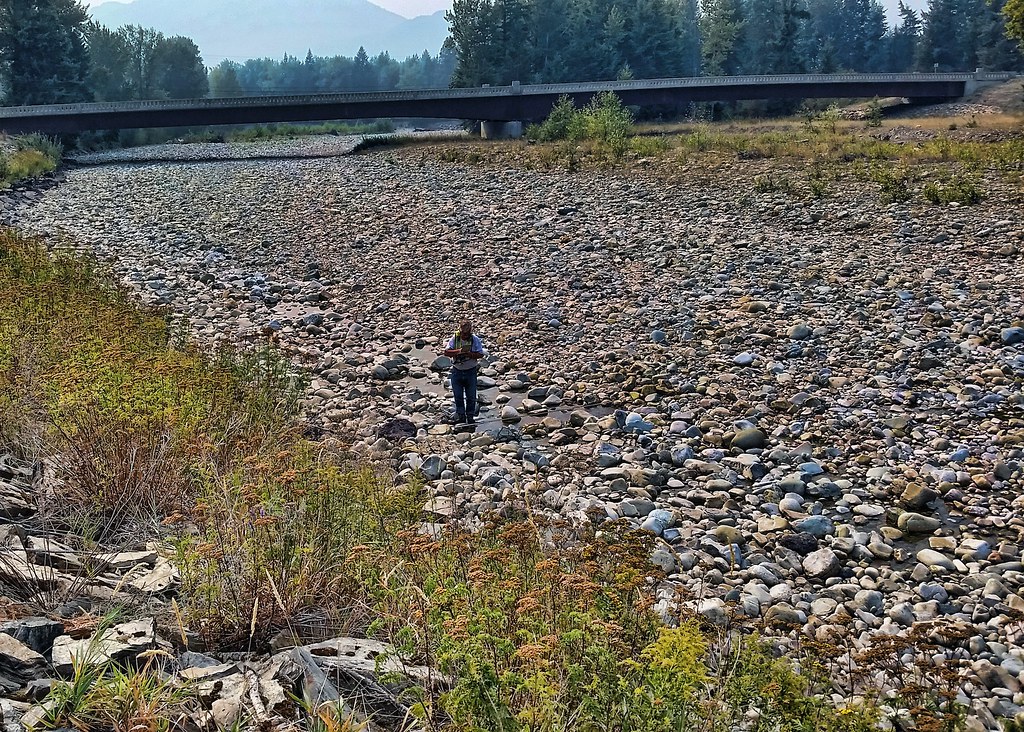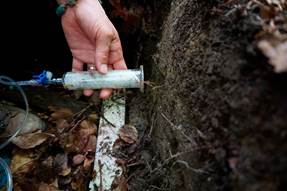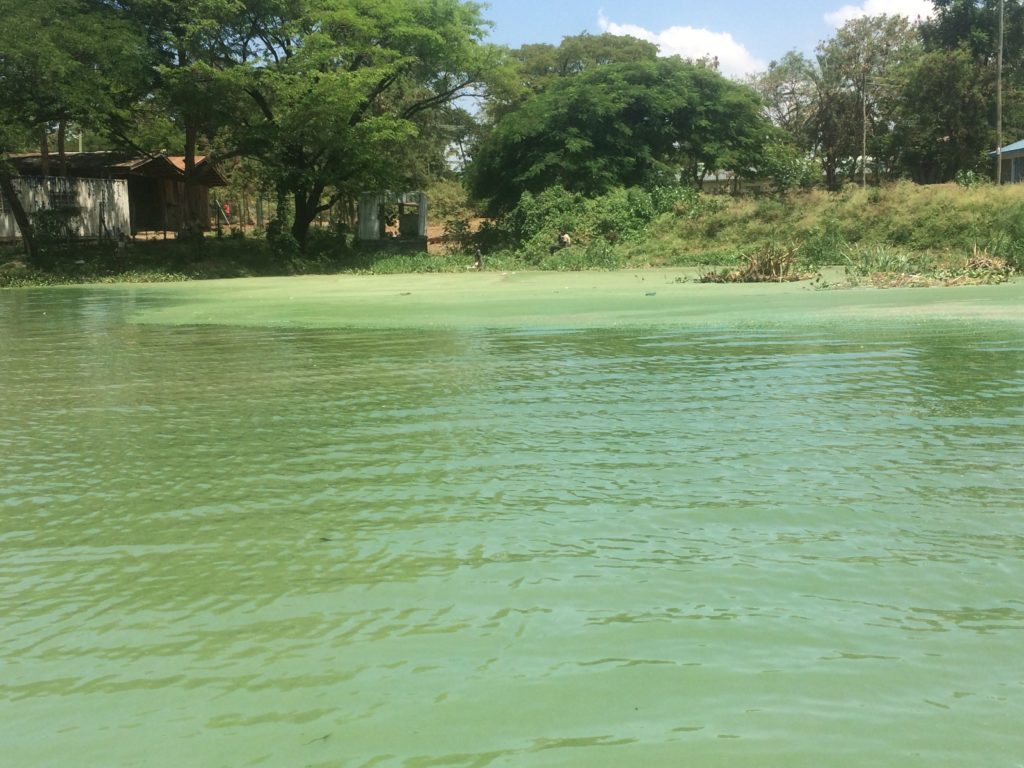Podcast: Play in new window | Download
Subscribe: Apple Podcasts | Spotify | Email | RSS | More

(photo courtesy of Creative Commons; MTA Photos; CC by 2.0)
In today’s episode, we explore how people perceive the risk of contracting COVID-19. We also discuss how humans can avoid passing COVID-19 to their beloved cat companions.
First off, you’ll hear Candice Limper’s interview of Cornell Professor Dr. Katherine McComas. She is a Professor of Communications in the College of Agriculture and Life Sciences and studies how people communicate about health, science, and environmental risks.

In the second half of today’s show, you’ll hear Candice Limper’s interview of Dr Alison Stout, a veterinarian who is pursuing her Ph.D. in Virology. She is a student in Dr. Gary Whittaker’s lab in the Department of Microbiology and Immunology at the Cornell College of Veterinary Medicine. In the interview, Dr. Stout talks about her research on feline coronaviruses and how humans can avoid passing SARS CoV-2 to their pets.
Producer: Liz Mahood
Associate Producer: Esther Racoosin
Interviews of Dr. McComas and Dr. Stout: Candice Limper
Music: Blue Dot Sessions
